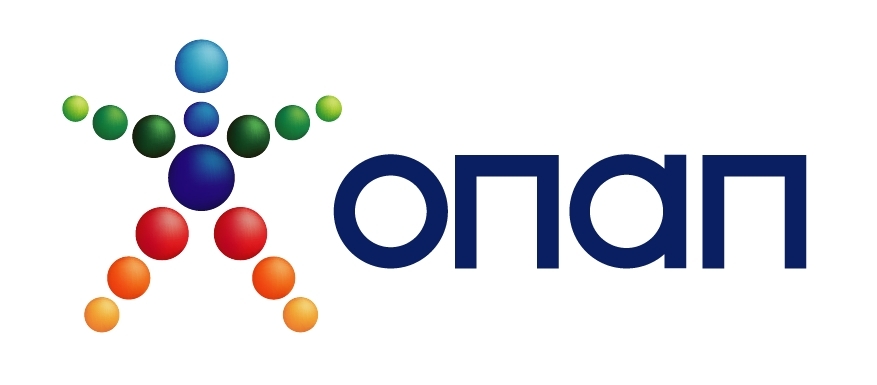 It seems like the Greeks might just have had enough of the monopolistic Moussaka being served by OPAP and is ready to act on the monopoly that operates in the country. No one ever thought they’d go as far as to get Europe involved though.
It seems like the Greeks might just have had enough of the monopolistic Moussaka being served by OPAP and is ready to act on the monopoly that operates in the country. No one ever thought they’d go as far as to get Europe involved though.
The Greek Council of State (CoS) has already raised significant doubts about the offline betting monopoly being held by a listed company and as such have referred the case to the Court of Justice of the EU (CJEU). The move, perhaps surprising in some quarters, is a serious blow to anyone supporting the legitimacy of the monopoly.
According to CoS the main bones of contention relate to the following points:
• (OPAP) is established in the form of a public company (66% of its shares belong to private investors);
• is listed on the Athens Stock Exchange;
• extensively advertises the gambling products which it offers and performs specific promotions of those products through its network of agents;
• has expanded its activities overseas in Cyprus and is now targeting other markets;
• players participate freely in the products offered; and
• the gambling products are at fixed odds and not totalisator based.
The case sprung out when Stanleybet, after complaining last year about a similar situation in Italy, took issue with the offline monopoly being held in Greece as they too wanted to operate.
According to Adrian Morris, Deputy Managing Director, Stanleybet “this landmark ruling of the CoS comes at a time when the Greek government has stated its intention to partially open its sports betting market. A draft law presented by the Government during an open consultation in autumn 2010 would, if implemented, perpetuate the illegality by regulating only the online sports betting sector and issuing a number of licences to private operators whilst maintaining the monopoly market controlled by OPAP in the offline sports betting sector.”
Stanleybet believes that this again shows the need for regulations to be centralized by the EU, something that is unlikely to happen in the climate of Balkanization that we currently have.
